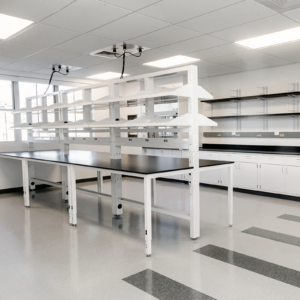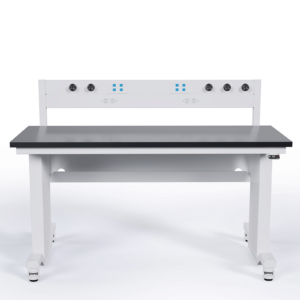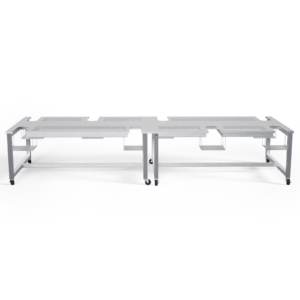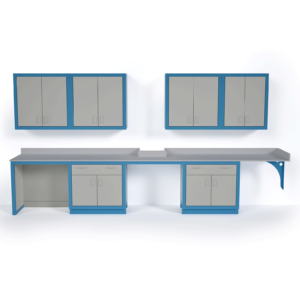What makes us human? It’s a question that philosophers, artists, playwrights (and more recently, lawyers) have debated for millennia. In a world that’s hurtling toward an artificial intelligence-powered society, we’re actually becoming more conscious of our own human-brand of intelligence, more aware of the unique powers (and limitations) of our human brain. But how do we take care of our brains, so that we can make better decisions in business, in our careers, in our lives?

The Miracle of the Brain
Should we be intimidated by artificial intelligence?
No, at least not yet. Perhaps the right answer is to offer grudging respect to the success of computer systems, such as IBM’s Deep Blue that defeated champion chess and Go players. (Although we’d certainly pay to watch a computer-based player matched head-to-head against current Jeopardy champion James Holzhauer.)
Despite these recent wins for artificial intelligence, the human brain is (mostly) far ahead when it comes to computing power and flexibility. Let’s look at some statistics:

Chart source: http://nautil.us/issue/59/connections/why-is-the-human-brain-so-efficient
As Nautl.us writer Liqun Luo points out, the human brain has a more flexible and massively parallel computer structure, powered by 10 times more neurons and synapsis than there are transistors in a computer, with a lower power consumption (10 watts!) to boot. This gives us humans a level of flexibility that puts us ahead in quickly grasping new concepts and insight. On the other hand, the human brain is 10 million times slower than a computer at processing information, which gives computer software a distinct advantage in handling massive amounts of data. (More on this later.)
Taking Care of Your Brain
Our human brain does a lot to protect itself from harm.
It’s surrounded by a heavy-duty case, the skull, which protects it from physical damage. But it’s not strong enough to prevent high-speed injuries, which brings us to our first tip:
Tip 1: Protect your brain: always wear seatbelts in vehicles and helmets when riding bikes.
The human also has built-in virus protection, the blood-brain barrier (BBB), which works to prevent pathogens* circulating in the body from reaching the brain.
It’s not infallible, however; chronic inflammation reduces the effectiveness of the barrier, leaving us more susceptible to disease.
(*Some diseases, such as the human form of mad cow disease, Creutzfeldt-Jakob disease (vCJD), employ novel genetic forms, such as prions in the case of vCJD, which are able to bypass the blood-brain barrier.)
That’s why it’s important to control hypertension (high blood pressure) by eating right, quitting smoking, and reducing alcohol consumption. (Hypertension can also lead to heart attacks and stroke, which deprive the brain of oxygen, causing the brain cells to die off.)
Tip 2: Reduce chronic inflammation by controlling blood pressure, which also reduces the risk of heart attack and stroke.
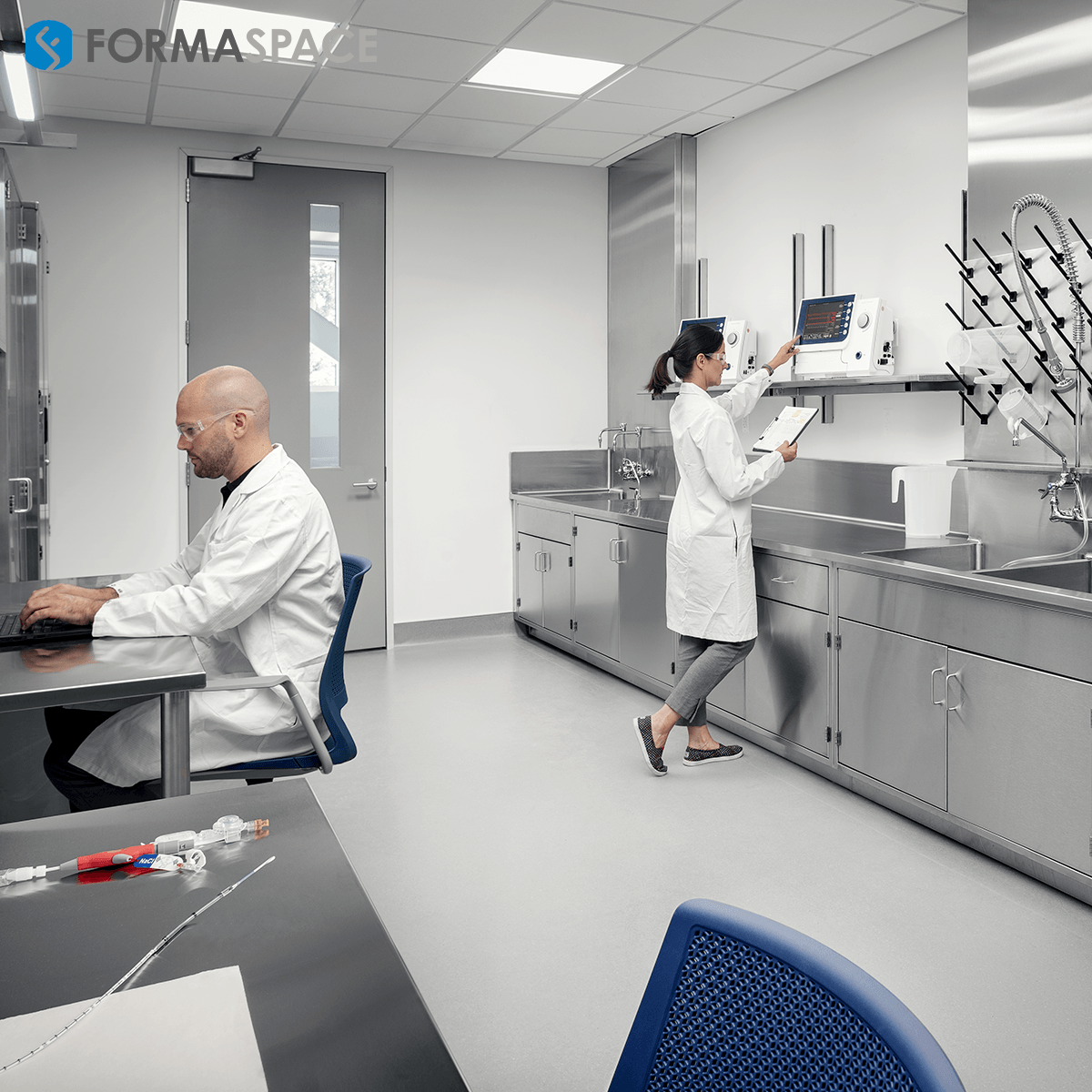
As we live longer, many of us are worried about the devastating effects of the onset of brain dementia, such as Alzheimer’s disease or other neurological conditions, such as Parkinson’s.
Alzheimer’s patients appear to develop plaques (beta-amyloid) and fiber tangles (tau protein) that interfere with nerve cell communication. As with Parkinson’s disease, the exact cause is unknown.
However, some researchers believe that Alzheimer’s may be another manifestation of diabetes, dubbed Type III diabetes.
Tip 3: For optimal brain health, avoid becoming diabetic by exercising more, eating right, and reducing your sugar intake. Test your A1C blood sugar levels at least twice a year.
Chronic gum disease caused by Porphyromonas gingivalis and other bacterium has also caught the attention of brain researchers, who are investigating whether these microbes might directly or indirectly lead to the type of brain inflammation, neural damage, and amyloid plaque buildup found in the brains of Alzheimer’s patients.
Tip 4: Brush your teeth after every meal and make regular visits to your dentist to avoid gum disease, which may be associated with the onset of Alzheimer’s.
Tricks the Brain Can Play on Us
Our brains are not without limits.
Memory, for example, is a tricky thing.
Sometimes what we consider to be irrefutable memories may instead be a pastiche of our past shared experiences, as the video below reveals.
Our decision-making process can be less than optimal. We’ve already touched on the advantage that computers have over human brains when it comes to processing huge amounts of information.
But there are other idiosyncrasies that we have to account for as well. For example, the human brain is susceptible to many phenomena that make us poor decision makers, such as confirmation bias (we believe what we want to believe), frequency illusion (we see more of what we are looking for), an inability to assess the odds of an event happening (often leading to reckless gambling), and finally, resistance to accepting facts over opinion or collective wisdom.
Who can you turn to for decision-making advice? The famed investor Warren Buffett attributes his success to adhering to long-term value investing strategies, as Buffet reveals in this extensive CNBC interview. Nate Silver, the founder of the website FiveThirtyEight.com, is another prominent voice in favor of creating working statistical models for predicting outcomes and making better decisions, as he explains on this podcast with David Axelrod.
Tip 5: Be aware of unconscious internal biases when making important decisions. Consider creating a decision-making model that can be updated over time to inform your important decisions.
Is Something Wrong with My Brain?
Where did I put my car keys? Why did I walk into this room?
Questions such as these become more common as we reach middle age.
Is it normal?
Most of the time* the answer is yes, it’s perfectly normal. Forgetfulness often increases with age.
(*If you experience sudden memory changes, do an evaluation for a stroke using the FAST test: Face Drooping, Arm Weakness, Speech Slurred = Time to Call 911).
If you need help organizing your thoughts and prioritizing actions, consider the Getting Things Done approach, which takes away the burden of having to remember too many things at one time.
Tip 6: Extensive list making, such as the Getting Things Done, can relieve the brain of having to remember too many action items at one time, allowing you to focus on better decisions.
But what if your symptoms are more serious?
Doctors and researchers employ a variety of clinical diagnostic methods to identify brain conditions that arise from stroke, heart attack, concussion trauma, PTSD, epilepsy, dementia, tumors, and other diseases.
For example, brain scans are able to identify tell-tale signs of plaque build-up in the brains of Alzheimer’s patients. However, by the time a brain scan confirms evidence of Alzheimer’s disease, major cognitive damage has already been done. (The London-based startup Avalon AI is looking at ways to improve the efficacy of MRI brain scans for neuroradiology diagnosis.)
Researchers have been looking for other ways to identify early signs of Alzheimer’s when there’s still time to help reduce the impact of the disease. Deterioration of a patient’s olfactory system, e.g. losing the sense of smell, has shown promise in helping screen patients for early onset of dementia and Parkinson’s disease.
Another approach that has received a lot of attention is a specially designed computer game that measures a specific type of cognitive loss, which is characteristic of those suffering from the early onset of Alzheimer’s.

Tip 7: If something isn’t feeling right, talk to your doctor about it and get a proper diagnosis.
Promising Developments in Clinical Brain Research
Researchers are looking at new clinical treatments to improve our memory as we age, as well as to help reverse the impact of brain disease.
One area of extensive research is in the area of neurofeedback. Elon Musk has invested in a company, Neuralink, which seeks to improve brain cognition using implanted devices. Kernel is another startup funded by Bryan Johnson, the developer of the technology used by payment system Venmo.
Researchers are also looking at ways to connect our brains to external devices, using what might be termed ‘telepathy.’
MemoryCo is Helping Seniors with Their Memory and Cognition

We recently spoke with Dr. Ali Titiz, a neuroscientist who has been studying memory impairments in neurological disorders. At UCLA, as part of a $20M DARPA grant, Dr. Titiz worked on an implantable memory prosthetic device, which demonstrated for the first time that memory can be improved using theta-burst microstimulation to the entorhinal area of the brain in human patients with epilepsy.
According to Dr. Titiz, “The brain is a highly flexible organ that, in its very nature, is amenable to continuous change. In fact, the brain has to change its functional connectivity whenever we learn something new.”
Dr. Titiz believes that non-invasive techniques may be the way forward for most patients seeking to improve their memory function. “Not everyone is willing or able to go under a highly risky neurosurgical operation to improve their memory. This is certainly not an option for seniors – the demographic in highest need of memory improvement/maintenance. This is why we need to find more effective ways to improve memory performance without having to go under the knife.”
Dr. Titiz is currently the co-founder of MemoryCo, which is developing personalized-content memory training games. “Our memory games are designed to support memory and brain health and are used by over 3,000 residents in Senior Living Communities across the USA, Canada, England, Scotland, Australia, and New Zealand.”
Tip 8: The future of memory enhancement may be a neural implant or game-based training programs.
Healthy Choices for Making Better Decisions
Want to be smarter, make better decisions? Here are three more healthy choices you can make to improve the health of your brain.
You are what you eat. It’s an old saying, but research confirms that a good diet helps to promote good health, particularly in our “gut” – which is increasingly seen as our “second brain” thanks to its role in governing our overall neural health.
Unfortunately, as our recent report on food testing laboratories revealed, there is an underlying global nutrition crisis as the world’s population moves away from long-standing dietary advice (such as eating more green vegetables, fruits, whole grains, and nuts) in favor of highly processed foods.
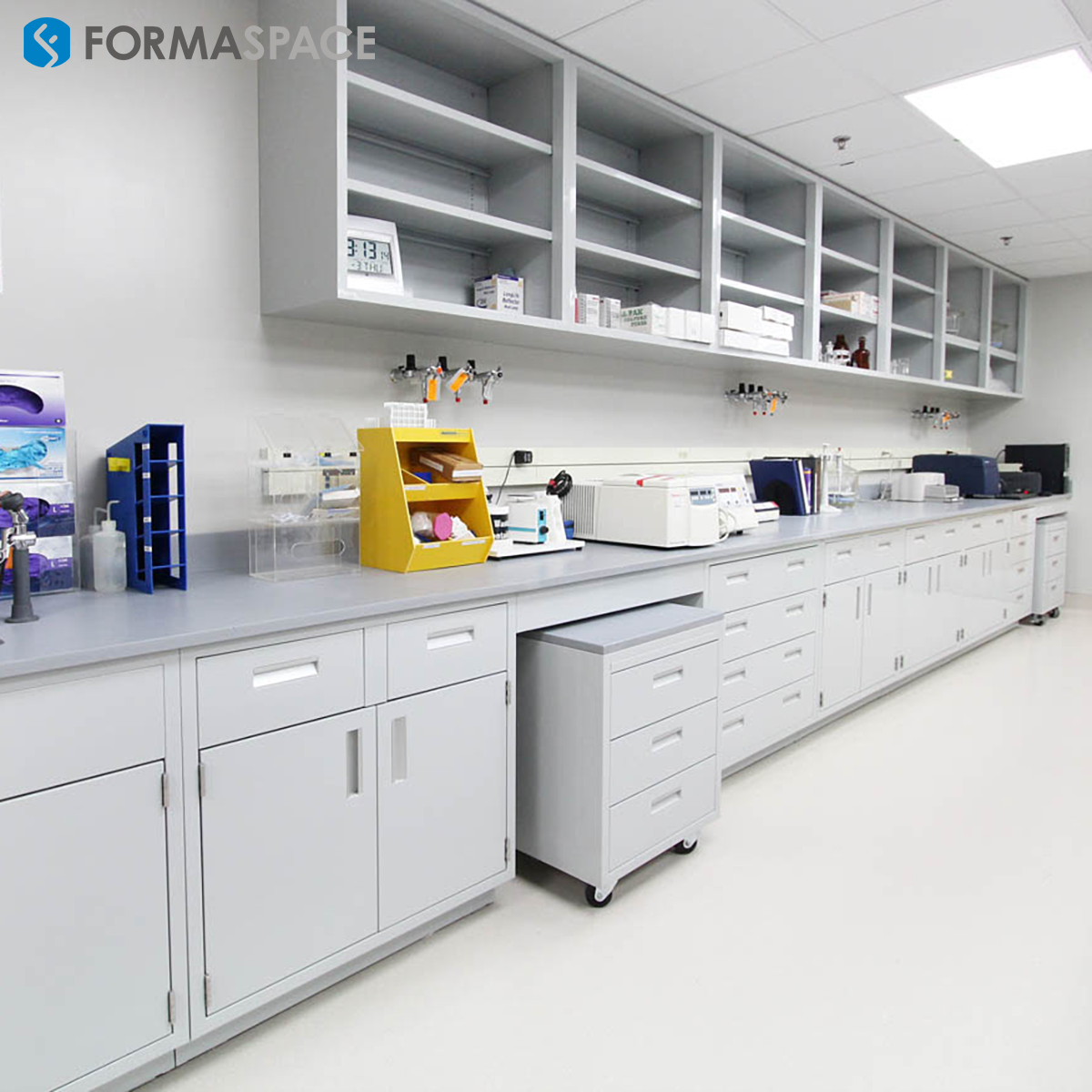
Tip 9: Trust your gut – eat nutritious foods to help maintain neural health.
Do you have a big decision to make? We often say it’s best to “sleep on it” first.
Sleep is the opportunity for the brain to recover, regenerate, and reorganize our thoughts. All mammals sleep, yet human activity is taking a toll on sleep patterns — from bright, artificial outdoor lighting that shines into our bedrooms at night to handheld smartphones and tablets that we take to bed.
We are becoming a nation of insomniacs. It’s time to investigate and identify good sleep hygiene practices, such as banning electronic devices from the bedroom and installing black-out curtains.
Snoring and intermittent breathing problems, such as sleep apnea, are also serious conditions that can reduce the oxygen levels in our brains. An inexpensive fingertip oxygen sensor can be the first step to identifying the problem before visiting your doctor to conduct a sleep study. Wearable electronic devices, such as the Apple watch, can measure whether you’re getting enough deep REM sleep, or even identify dangerous episodes of heart arrhythmia during your sleep.
Tip 10: The brain needs deep sleep for optimal performance, so follow good sleep hygiene practices and use tools to measure the effectiveness of your sleep.
Do you ever take a brisk walk before making an important decision? It’s a good idea. New research points to be beneficial effects of exercise on our brain functions, such as memory.
Extensive periods of exercise, such as taking a month off to go hiking, can have an outsized effect on our cardiovascular health and brain function.
Be conscious of the air that you breathe. Avoid sources of air pollution, such as high vehicular traffic areas, when exercising. Indoor air pollution can also be a risk: as our buildings have become “tighter” (to reduce the loss of conditioned air), they have fewer air changes per hour, which can reduce the amount of oxygen levels inside (particularly in crowded, closed conference rooms) or allow the build-up of harmful fumes from things such as cleaning supplies.
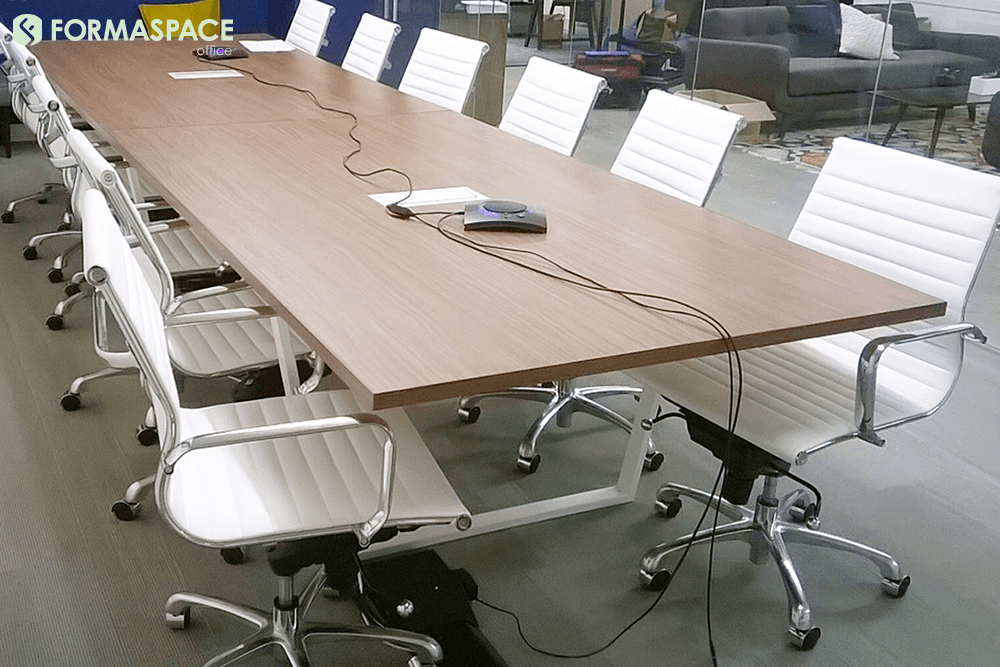
Tip 11: Exercise and fresh air help improve cardiovascular health, which, in turn, helps you make better decisions.
Turn to Formaspace for Your Lab Research Projects
If you can imagine it, we can build it.
In fact, Formaspace has been building top-quality laboratory and industrial furniture for famous name clients since 1981.
Three out of four of our corporate clients are listed on the Fortune 500.
We also count over 350 colleges and universities (including most of the Ivy League schools) among our satisfied customers.
Want to improve the efficiency of your lab facility?
Contact one of our expert Design Consultants today for a free consultation.





